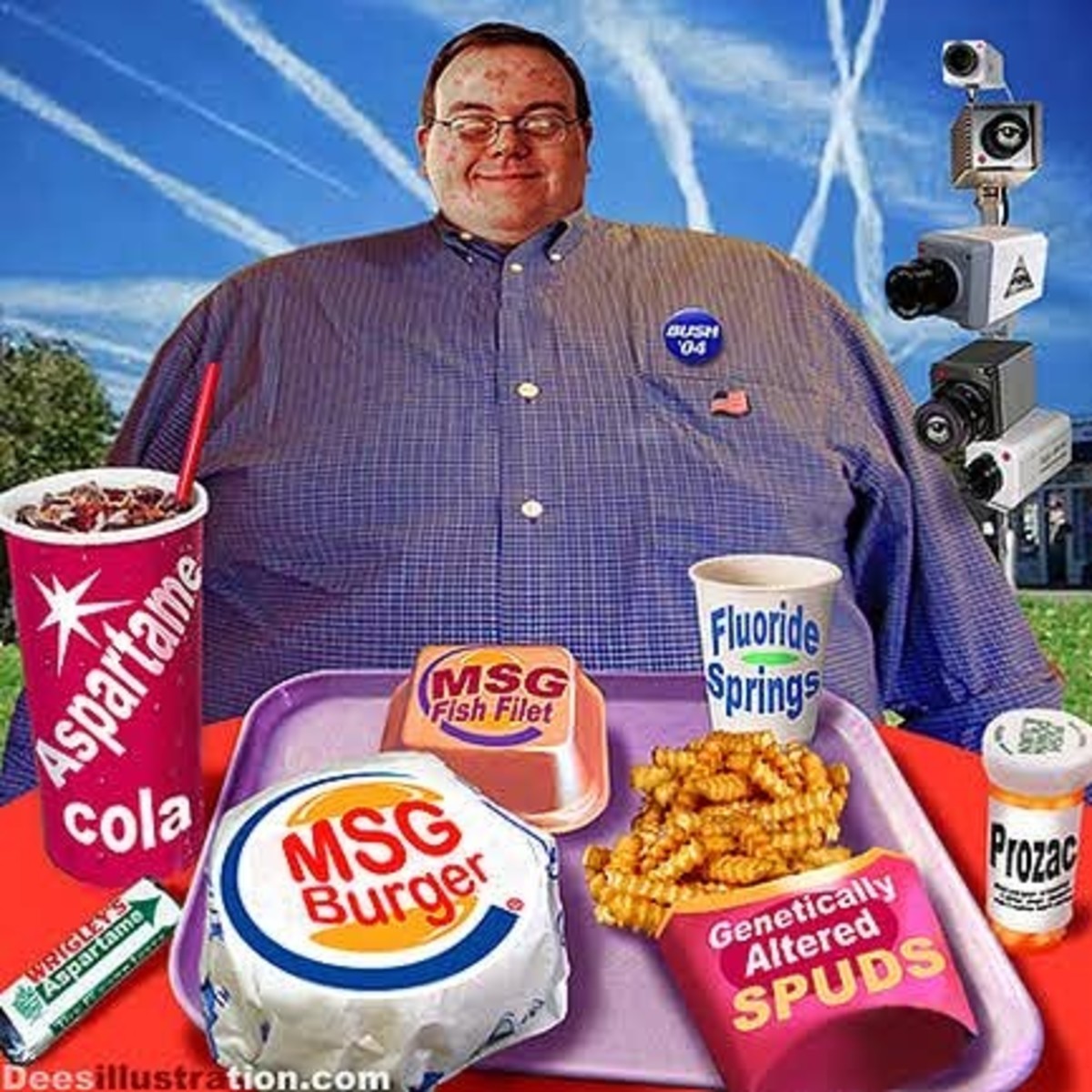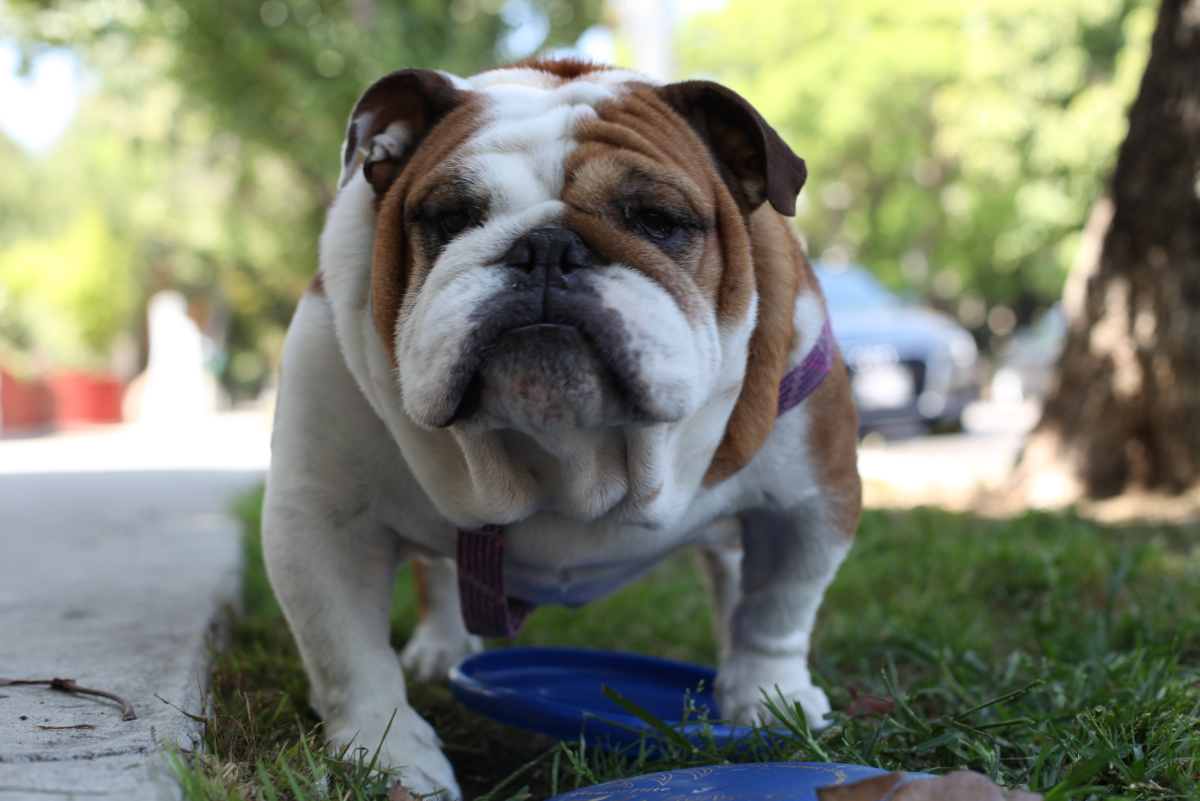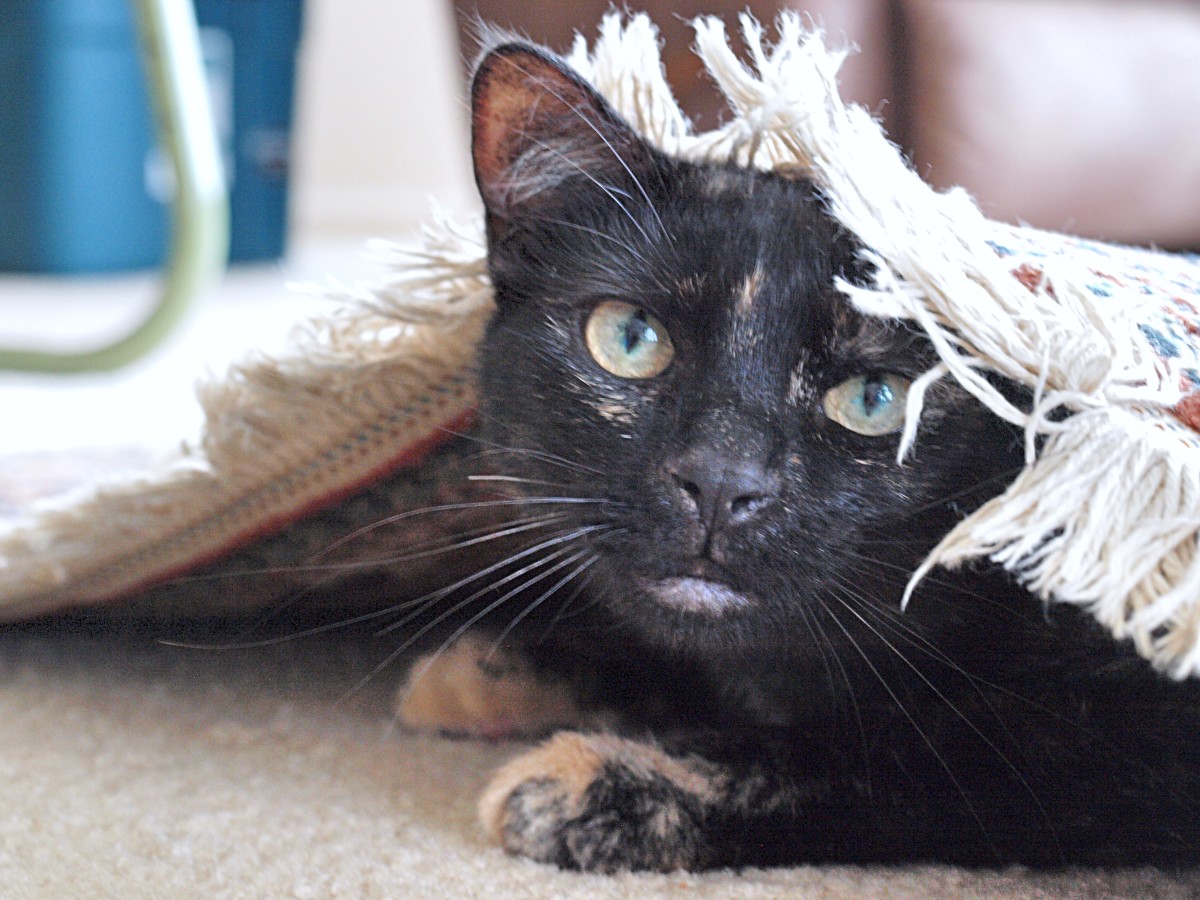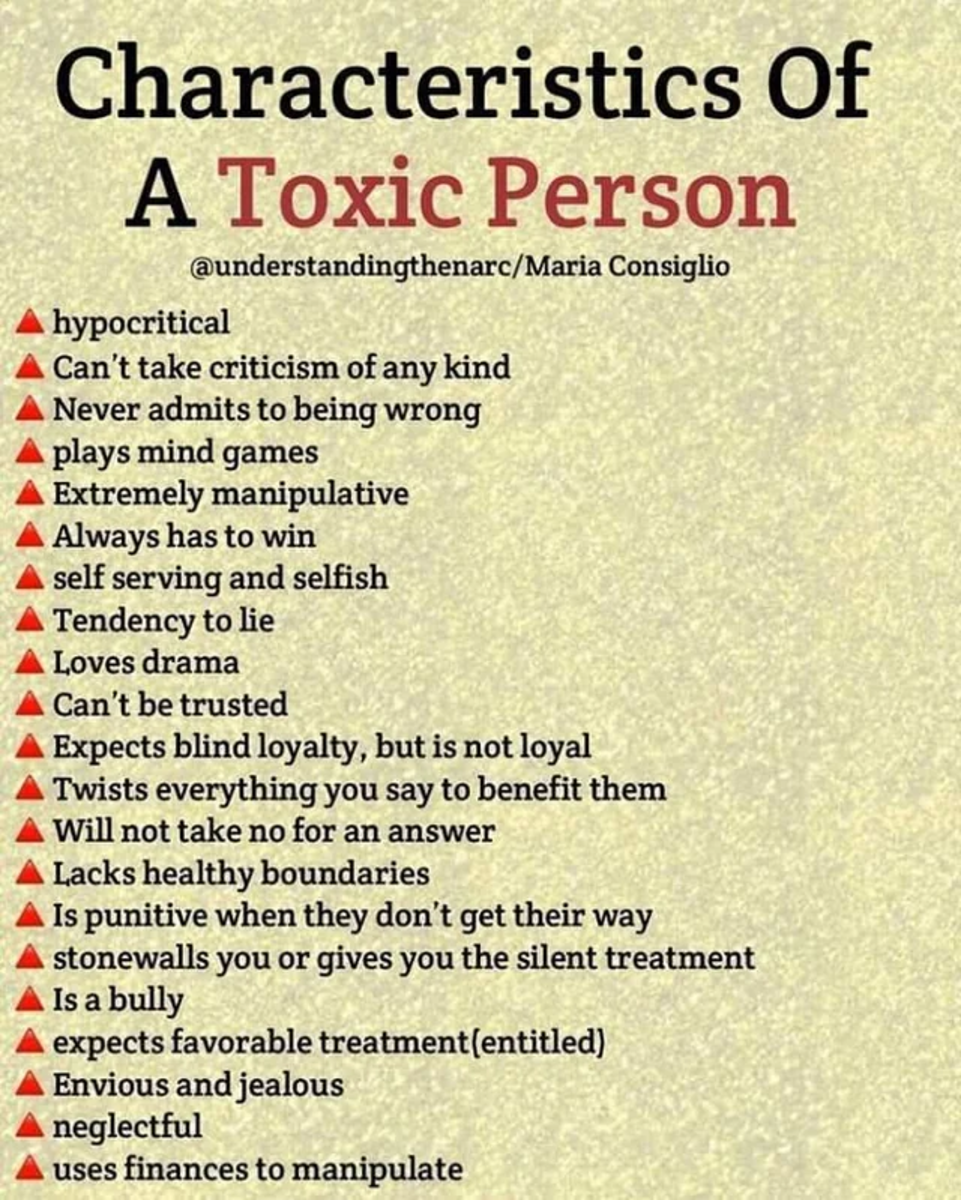Litter, Its Effects, And What We Can Do About It
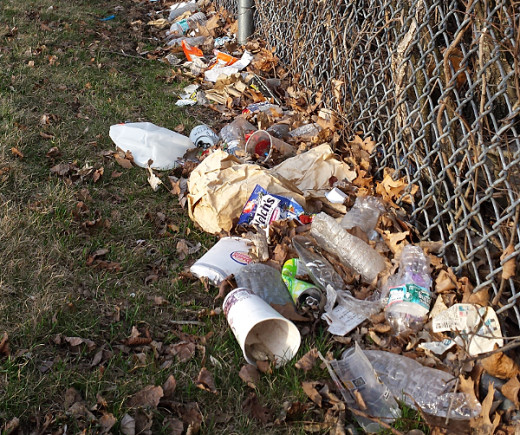
What is litter?
Litter is trash left anywhere it doesn't belong. It could be left accidentally, by the wind blowing over a trash can for example, or on purpose by someone carelessly dropping their trash on the ground.
Examples of trash include food wrappers, cigarette butts, newspapers, bottles and cans, food scraps, construction debris, and just about anything else that has been discarded where it doesn't belong.
Many people don't think twice about dropping their trash on the ground or throwing out of the car window. They either don't consider it to be a problem or, more likely, don't consider it to be their problem.
What Problems Does Litter Cause?
Although it may not seem to be a serious problem, litter can lead to variety of health, safety, and environmental issues.
It's An Eyesore
No one wants to see your trash blowing around the streets. It makes the area look uncared for and without hope. That attracts further litter and other problems such as crime.
It Costs Money
According to a 2009 KAB report from the Keep America Beautiful organization, America spends over $11 billion dollars annually dealing with litter. It also reduces property values. Business development officials say litter affects their decision to expand into new areas, thus reducing job opportunities. This affects individuals as well as entire communities.
Breeding Place For Disease-Spreading Vermin
Piles of trash provide breeding grounds for insects and other animals that can spread disease. Small plastic cups and old, discarded tires often contain water. Mosquitoes lay their eggs in this stagnant water. After 10-12 days, a new wave of mosquitoes comes looking for you for a blood meal. Picking up the trash that can hold these small pools of water can interrupt this cycle.
Mice and rats also take advantage of litter. Litter often contains scraps of food, so it gives the rats something to eat. It also provides cover for nesting and for traveling from area to area.
Litter Is A Fire Hazard
A lot of litter consists of scraps of paper. The wind causes the paper to gather in places such as along fences or in ditches. Quite a lot can accumulate if no one cleans it up. All it needs then is someone flicking a cigarette butt – another scourge of the litter world – onto the ground and you have a fire that could cause injury or property damage.
It's A Health Hazard
Some litter poses a direct physical threat to the health and safety of you and your family.
-
Broken glass – Can result in cuts and perhaps infections.
-
Rusty cans – A cut from any rusty piece of metal is likely to earn you a tetanus booster shot.
-
Syringes – I live in a small city and have found discarded syringes several times. The drug users don't care who finds these.
Litter Harms the Environment
- Much litter is plastic and ends up traveling through storm drains to the oceans. When animals eat the plastic, it stays in their digestive systems crowding out space for food. The animals eventually starve to death.
- There is currently an area of the ocean twice the size of Texas that is covered by different forms of plastic. This is known as the Great Pacific Garbage Patch. Ocean currents trap the plastic in this area. The entire area is an ecological disaster in the works.
How Does Litter Happen?
It seems that something like litter should be easy to prevent. Simply put your trash where it belongs. What could be simpler? Unfortunately, too many people never give it a second thought.
What are some of the mechanisms that result in all this litter?
-
Pedestrians drop their trash wherever they happen to be standing. As soon as the trash drops from their fingers, they no longer think about it.
-
Drivers throw trash out of their cars. They don't want to mess up their nice cars, so they'll roll down their window and make their problem someone else's.
-
Home and business owners don't properly secure their trash cans. Animals can spread the trash around while looking for food. Wind can knock the cans over and blow the trash around.
-
Uncovered loads in trucks. Trucks that don't properly cover and secure their loads can leave a trail of trash behind them as they drive down the road.
-
Public trash cans aren't emptied in a timely manner. There are often trash cans in public places such as street corners, parks, schools, and outside of fast food restaurants. If a trash can is full, people will drop their trash on the ground.
-
Illegal dumping. People will sometimes dump things that they would otherwise have to pay to dispose of. That includes construction material, old car tires, old CRT televisions, and more.
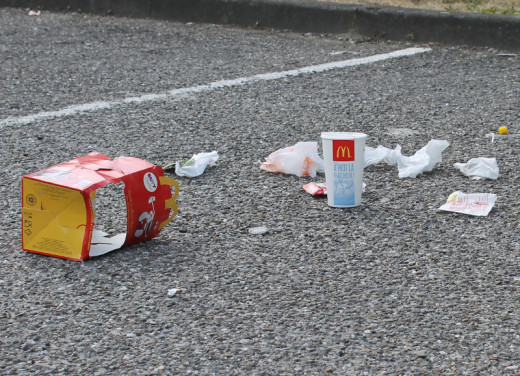
Why Do People Litter?
If littering causes so many issues including being an eyesore, an expense, and a health hazard, why do people do it?
In nearly all cases, littering is a personal choice. People see it as their god-given right to drop their Big Mac wrappers on the ground next to a trash can. How can they make such an odd choice? There are a few possibilities.
-
They have no respect for their surroundings, other people, or themselves. If they can't be bothered to not pollute the surroundings immediately around them, then they have respect for themselves. Even at a young age, baby animals learn not to soil their own nests.
-
They didn't have proper role models while growing up. Unfortunately, some people are born into families that somehow never learned that littering is a problem or that people should take some personal responsibility.
-
There's no convenient place to properly dispose of trash nearby. This is more understandable, but still not acceptable. There have been many times that I've folded up a piece of trash and put it in my pocket until I found a trash can.
-
They think that someone else will pick it up. This is another poor excuse. First of all, why should someone else be responsible for picking up your litter? Secondly, any effort spent picking up trash was probably paid for by taxes. I don't want my taxes to support your lazy habits. Finally, much of what gets dropped on the ground will never get picked up at all. It will instead degrade the environment for years to come.
Trash Container For Your Car
What Can We Do About It?
There are several things you can do to help reduce litter in your community. Prevention is simpler and cheaper than cleaning up litter, but we need to do both.
Prevention
- Don't Iitter! (It's really very simple.)
- Be a role model to your friends, family, and community.
- Carry your trash the extra distance needed to dispose of it properly.
- Never throw your cigarette butts on the ground.
- Keep the lids of your trash and recycling bins secured.
- Keep a container in your car so you have a place to put trash.
Cleanup
- If you see concentrations of litter in your town, report it to the responsible department. If you don't know what department, call the Mayor's office!
- Volunteer to pick up litter. (NOTE: You don't have to wait until Earth Day to volunteer!)
- Organize some friends and spend a few hours picking up litter around your local school or park. Your town may even provide the trash bags you need.
Have you ever volunteered for a trash cleanup?
Conclusion
Litter can be a huge problem when it gets out of control, but it can be easily be prevented by taking a little personal responsibility and doing what's right. Unfortunately, because that doesn't happen often enough, litter will be haunting our streets, parks, and beaches for many years to come. Please do whatever you can to be part of the solution instead of part of the problem.
© 2015 Ron Bergeron



